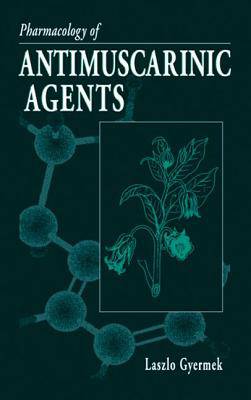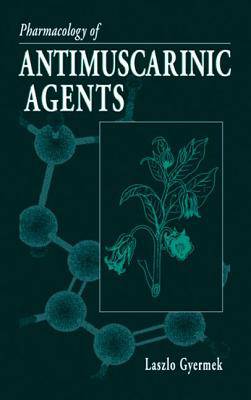
- Retrait gratuit dans votre magasin Club
- 7.000.000 titres dans notre catalogue
- Payer en toute sécurité
- Toujours un magasin près de chez vous
- Retrait gratuit dans votre magasin Club
- 7.000.0000 titres dans notre catalogue
- Payer en toute sécurité
- Toujours un magasin près de chez vous
Description
The theoretical and practical significance of antimuscarinic drugs is more obvious today than ever before. Antimuscarinics have helped to explore the pathomechanisms of of Alzheimer's disease, and to treat the symptoms of Parkinson's, cardiovascular problems, gastrointestinal diseases, and even nerve gas poisoning. No other drug class can claim as long a history with so many therapeutic applications, yet the most significant developments in this broad chapter of pharmacology come from the discovery of different muscarinic receptor sites in the peripheral and central nervous system and from the availability of many new selective agents, notably antagonists, for these different receptor types.
Pharmacology of Antimuscarinic Agents, written by an expert in anesthesiology and drug research, focuses on the basic principles of antimuscarinic drugs, their therapeutic value, how they work, and what versions are now available in the U.S. and abroad. This is the first time in decades an author has reviewed historical and current literature to present a comprehensive, standard reference on the antimuscarinic family.
Spécifications
Parties prenantes
- Auteur(s) :
- Editeur:
Contenu
- Nombre de pages :
- 528
- Langue:
- Anglais
- Collection :
- Tome:
- n° 47
Caractéristiques
- EAN:
- 9780849385599
- Date de parution :
- 25-11-97
- Format:
- Livre relié
- Format numérique:
- Genaaid
- Dimensions :
- 156 mm x 233 mm
- Poids :
- 8609 g

Les avis
Nous publions uniquement les avis qui respectent les conditions requises. Consultez nos conditions pour les avis.






